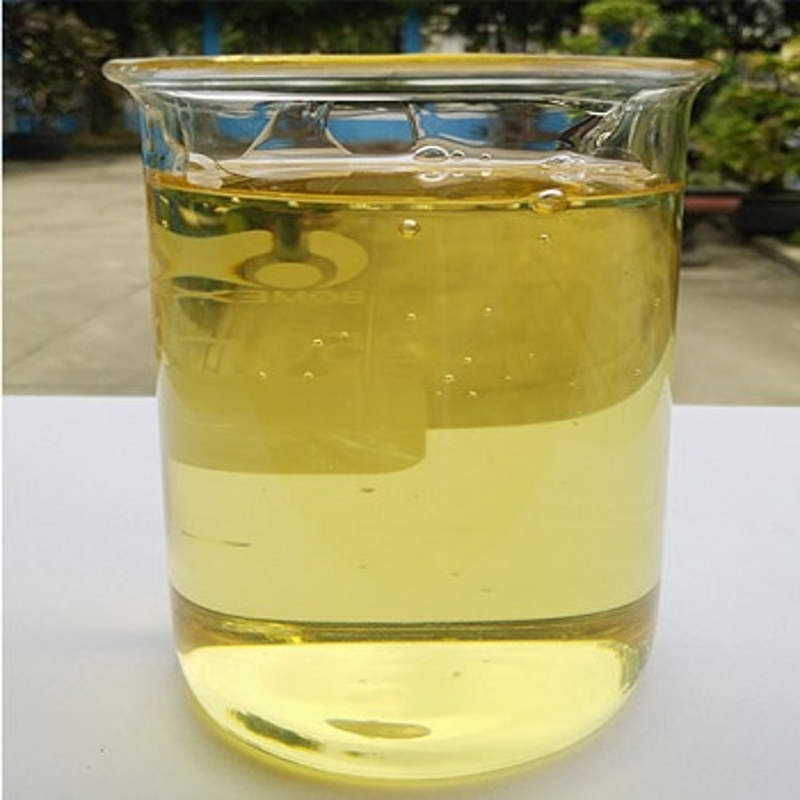-
Categories
-
Pharmaceutical Intermediates
-
Active Pharmaceutical Ingredients
-
Food Additives
- Industrial Coatings
- Agrochemicals
- Dyes and Pigments
- Surfactant
- Flavors and Fragrances
- Chemical Reagents
- Catalyst and Auxiliary
- Natural Products
- Inorganic Chemistry
-
Organic Chemistry
-
Biochemical Engineering
- Analytical Chemistry
- Cosmetic Ingredient
-
Pharmaceutical Intermediates
Promotion
ECHEMI Mall
Wholesale
Weekly Price
Exhibition
News
-
Trade Service
On October 14, according to foreign media reports, researchers at Stanford University developed an ultra-cheap battery that can replace lithium-ion batteries to better help us meet the future
of renewable energy.
This battery can store the same amount of electricity as a lithium battery, but its cost is less than 80%
of the latter.
In the clean energy revolution, available battery storage is a key factor
.
Sources of renewable energy such as solar and wind often rely on unpredictable environmental factors, while batteries allow excess energy generated during peak periods to be stored and used in
poor conditions.
Cheaper sodium batteries may make it easier to take advantage of renewable energy in some regions, where the high cost of lithium-ion batteries is a huge financial hurdle
.
But to become a consumer product for mass use, the battery developed by Stanford University needs to continue to improve
.
The team's analysis focused on cost-performance comparisons, but it didn't take into account volumetric energy density or how much capacity sodium-ion batteries need to store the same amount of power
as lithium-ion batteries.
On October 14, according to foreign media reports, researchers at Stanford University developed an ultra-cheap battery that can replace lithium-ion batteries to better help us meet the future
of renewable energy.
This battery can store the same amount of electricity as a lithium battery, but its cost is less than 80%
of the latter.
In the clean energy revolution, available battery storage is a key factor
.
Sources of renewable energy such as solar and wind often rely on unpredictable environmental factors, while batteries allow excess energy generated during peak periods to be stored and used in
poor conditions.
Cheaper sodium batteries may make it easier to take advantage of renewable energy in some regions, where the high cost of lithium-ion batteries is a huge financial hurdle
.
But to become a consumer product for mass use, the battery developed by Stanford University needs to continue to improve
.
The team's analysis focused on cost-performance comparisons, but it didn't take into account volumetric energy density or how much capacity sodium-ion batteries need to store the same amount of power
as lithium-ion batteries.







